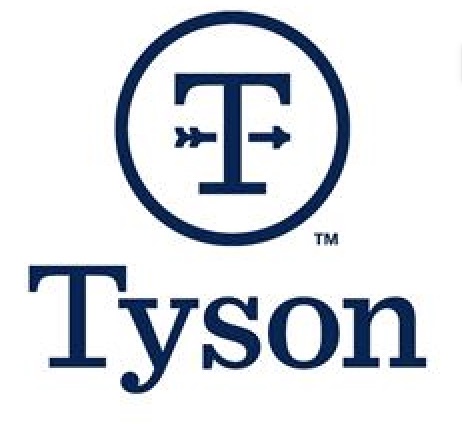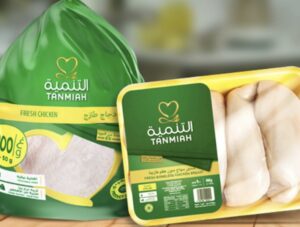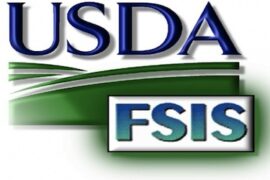As part of sustained efforts to meet growing global demand for protein, Springdale, Arkansas, USA-headquartered Tyson Foods and Ryadh, Saudi Arabia-based Tanmiah Food Company have entered into a strategic partnership agreement in which Tyson takes equity stakes in Agricultural Development Company (ADC) and Supreme Foods Processing Company (SFPC). Both are subsidiaries of Tanmiah.
According to a Zawya business report published on July 6, the US $70 million deal, which is subject to approval by the General Authority for Competition in the Kingdom of Saudi Arabia (KSA) and other government entities, entails Tanmiah selling 15% of its holdings in ADC and a 60% stake in SFPC to Tyson. Following the transaction, Tanmiah will maintain 85% ownership of ADC and a 40% equity stake in SFPC. Tyson will contribute $21 million in consideration for newly issued shares in SFPC, and Tanmiah will contribute $14 million in consideration for newly issued shares in SFPC to finance the expansion of additional processing capacity of SFPC.
 Tyson ranks as one of the world’s largest food companies and is a recognized leader in protein, while Tanmiah, which established its first enterprises 60 years ago, is one of the biggest providers of value-added poultry and other meat products, animal feed and health products and a fast food brand franchise operator, with plans to produce more than one million birds per day by the end of 2025.
Tyson ranks as one of the world’s largest food companies and is a recognized leader in protein, while Tanmiah, which established its first enterprises 60 years ago, is one of the biggest providers of value-added poultry and other meat products, animal feed and health products and a fast food brand franchise operator, with plans to produce more than one million birds per day by the end of 2025.
ADC operates in Saudi Arabia, Bahrain and the United Arab Emirates. It produces and distributes fresh products for sale to foodservice providers and retailers. SFPC packs a variety of value-added pre-prepared chicken and beef products, with a distribution network spread across the Middle East, including Saudi Arabia, Kuwait, Bahrain, UAE, Oman, and Jordan.
“We are delighted to be joining hands with a global leader in food production to support and accelerate our strategic growth plans,” said Tanmiah CEO Zulfiqar Hamadani. “This partnership marks a significant milestone in our journey, through demonstrating our commitment to and pioneering role in supporting Saudi Arabia’s food security and self sufficiency goals. During this new phase, we will continue to work together with Tyson Foods, whose commitment to animal welfare, food safety, sustainability, and quality, are very much in line with our own business model and sustainability framework. This transaction will not only reinforce our positioning in the regional market, but will also enable us to expand our global footprint through leveraging Tyson’s long-standing relationships with customers worldwide.”
“This investment will enable us to access poultry supplies in Saudi Arabia to meet the growing demand for protein in the Middle East and other markets,” said Chris Langholz, Tyson Foods’ president in charge of international business. “Expansion into international markets is a key part of our strategic growth plan and we’re pleased to better serve customers in this region.”

“The strategic partnership is expected to accelerate Tyson Foods’ and Tanmiah’s growth and generate significant value in the short and long term,” said Tan Sun, president of Tyson Foods APAC. “This will be primarily achieved through further expansion across the value chain, and enhanced product, customer and geographical diversification, as well as improvement of production and other operational processes. The agreement will also see Tyson and Tanmiah unlock long-term opportunities in the fast-growing halal food market.”
As part of the agreement, Tyson Foods and Tanmiah have committed to invest substantially to expand the processing capacities of SFPC. This is aligned with Tanmiah’s strategic expansion agenda and will result in doubling of production capacity in value-added products. Both companies, through a 50/50 joint venture, will also explore opportunities in the fast-growing global halal market.
Global protein consumption across chicken and other meats is predicted to rise to 95 billion pounds over the next 10 years, with much of that demand happening outside the United States. Meanwhile, the global halal food market is expected to achieve unprecedented growth, with industry reports pointing to a Compound Annual Growth Rate of nearly 10% by 2032.






